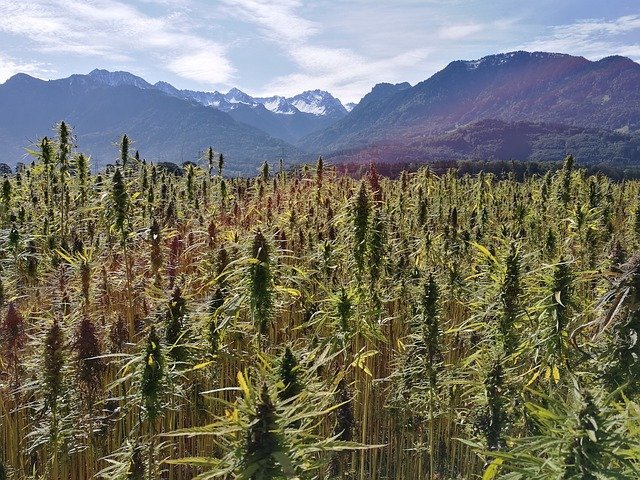Every American should have the right to grow their own plant medicine in their backyard, greenhouse, or inside their residence. Plants including kratom, poppies, cannabis, and psilocybin mushrooms should be just as legal to grow as coffee, sunflowers, tomatoes, and shiitakes. The right to have a plant medicine garden could be protected just as the right to make beer and wine is protected.
Yes, even poppies. Kratom helps, but kratom is not for everyone. The barbaric response to the opioid overdose crisis by the medical community has been to cut off pain medication to chronic pain patients who desperately need it. If every American had the right to grow and harvest small quantities of opium, people in chronic pain on the verge of suicide would have no problem finding a clean source of relief. With adequate information from doctors, possibly even *gasp* government-provided lab testing of homegrown opium to assure safety and recommend dosage, Americans wouldn’t have to deal with gatekeepers between themselves and their own health and well being.
Only during alcohol prohibition were illegal moonshine stills and poisonings by bathtub gin a widespread problem. If all drugs were legalized, reasonably regulated, and available as unadulterated, uncontaminated, and labelled with the levels of psychoactive compounds, accidental overdose numbers would be cut drastically. All drug users could have the opportunity to be out of the closet and receive education on the responsible adult consumption of drugs. The 10-20% of drug users who fall into problem use could get help from medical professionals without the risk of arrest.
Decades of hard work by cannabis activists and groups like NORML to secure the right of Americans to pursue happiness by consuming cannabis is finally paying off. Unfortunately, recent decriminalization and legalization is not a case of altruistic governments carrying out the will of their constituents. Governments require a high-dollar lobbying push to enact policy that, in the case of cannabis legalization, happens to be sensible.
Of the 17 states where recreational cannabis is legal, most allow for personal cultivation, with restrictions in place to prevent the creation of unlicensed large grow operations. These home cultivation rights have been secured despite efforts of the cannabis industry. In 2019, the New York Medical Cannabis Industry Association lobbied Governor Andrew Cuomo to prohibit the right of cannabis consumers to grow their own plants. This effort ultimately failed. As of July 2021, New Yorkers will have the right to grow up to 12 cannabis plants per household.
Such efforts are not without historical precedent. The cannabis industry itself had to outspend lobbying efforts against legalization by the tobacco, alcohol, pharmaceutical, and police and prison industries. Kratom first became illegal in Thailand in 1943 because it was interfering with opium tax revenue collected by the Thai government. Today, there is some speculation that the medical cannabis lobby in Mississippi has been lobbying against keeping kratom legal there. An anonymous Mississippi kratom activist told Kratom Science last November, “the same doctors that tried to ban kratom did a press conference to persuade voters to vote for the Legislature’s weed bill”. The National Product Association, a dietary supplements non-profit headed by former FDA official Daniel Fabricant, has been outspoken against kratom.
It’d be nice to have a truly representative government that responded to what a majority of the public wants, instead of enacting policy that the majority of dollars has gone to purchase. Advocating for the right to grow a plant medicine garden is one way to test our representatives. Will they work for our individual right to pursue happiness in our own home, or will they ensure those in business and government can continue to charge massive tolls at the gates that separate us and our own health?
###

